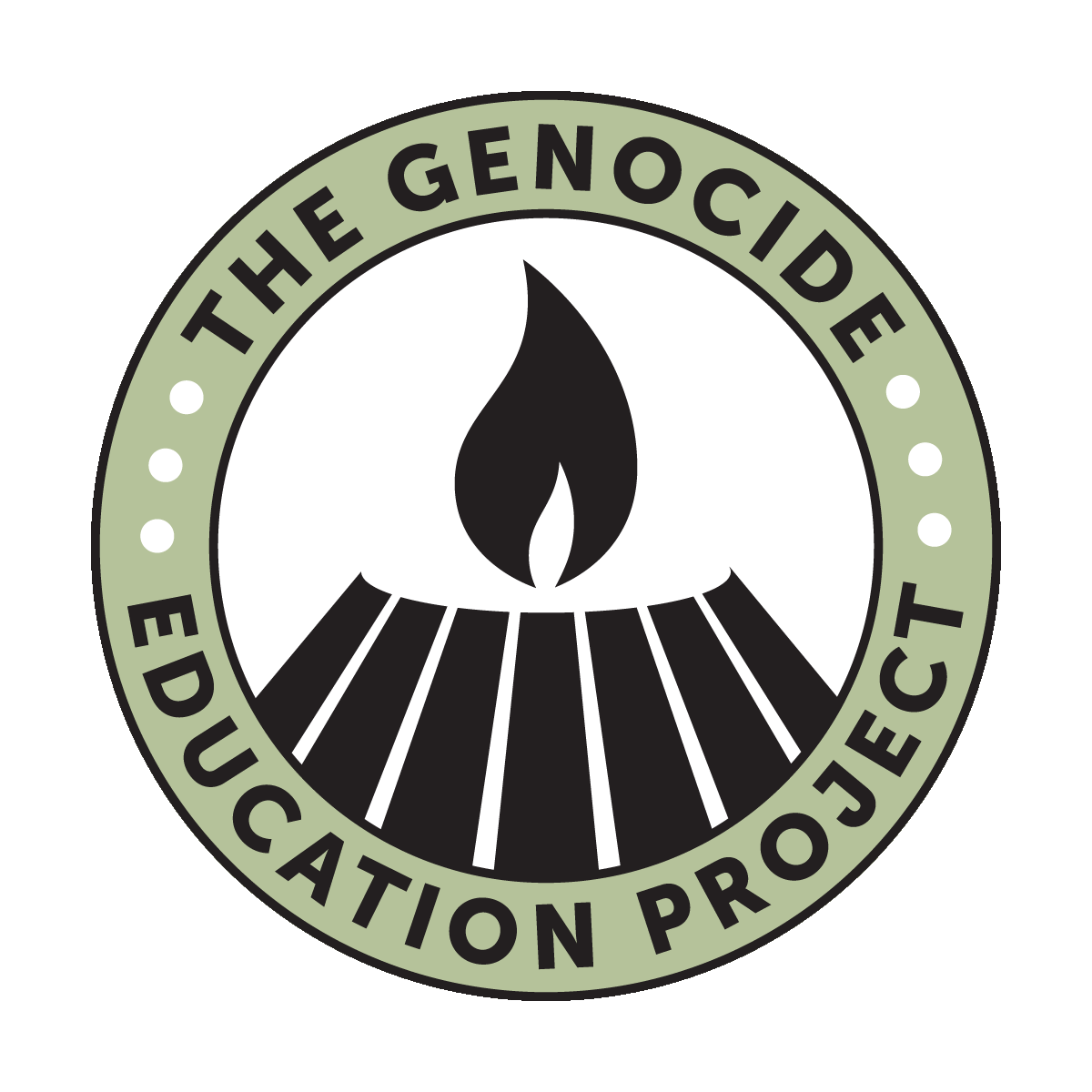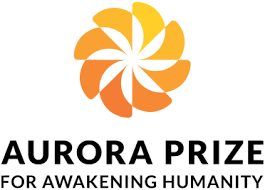20.07.2022

The American "Genocide Education Project" organisation, in cooperation with the Armenian Genocide Museum-Institute, organised a training programme for American teachers from July 9 to 17, 2022. 15 teachers from the US states of Massachusetts, Indiana, Wisconsin, Tennessee, Missouri, Alaska, New Jersey, Pennsylvania, Connecticut, California, Oregon, Michigan, Virginia, and New York had been selected for it.
Not only was the teachers’ professional training impressive, but their work experience was too. Several of the participants had MA degrees in Holocaust and Genocide Studies, but three also had PhD history degrees. Two of the participants had also worked in genocide teaching training programmes in Cambodia and Rwanda. Five of the 15 participants created a subject concerning human rights and genocide studies, which they had imported to their educational institutions. Their teaching experience ranged from 20 to 24 years.
All the participants were already teaching Armenian Genocide in either world history or genocide studies. Their motivation for participating in the training programme was almost the same for all of them. As
Kerry Flynn observed:
“I was looking forward to learning about the Armenian Genocide from Armenians”. Many of the participants applied to the programme to come to Armenia, become acquainted with the Republic of Armenia’s current political situation and the source materials concerning the history of the Armenian Genocide. According to
Robert Hadley: “Getting acquainted with the main exhibition of the Armenian Genocide Museum-Institute, I realised that I have been teaching the Armenian Genocide and the Armenian Question all my life, leaving out the Armenians, focusing only on the crime.”
Discussing, during the practical session, the impact of the main exhibit of the Armenian Genocide Museum-Institute and what effect it will have on their teaching, the participants mentioned various topics.
Jackie Kemper’s reaction was interesting, and she singled out the temporary exhibition titled “Tracing the Armenian Schools in the Ottoman Empire: An Enlighted Nation’s Certificates” opened on April 23, 2022:
“The exhibition emphasizes life in general and, seeing the cultural and educational life of Armenians in the Ottoman Empire, you realise the extent of the loss.”
The participants emphasised the importance of holding the programme in Yerevan.
Justin Bilton stated:
“As a genocide teacher, I understand the importance of presenting the individual in the crime. Genocide is not just about numbers, which is hard to convey to children through books and movies. Now being in Armenia and standing next to the Armenian Genocide Memorial’s Eternal Fire, I will be able to give flesh and blood to history.” Amy Perkins highlighted the fact of being in Armenia from a completely different perspective:
“I have always taught about the Armenian Genocide without imagining Armenia’s dangerous geopolitical position . Now I can imagine your geographical location and the dangers you face.”
The teachers were also introduced to the culture of pre-genocidal violence in general, the creation of a criminal, genocidal environment and the state denial of the Republic of Turkey, the target of which is the USA, inciting the latter to
“distort the narrative of history” (This is Perkins’ definition).
The practical training-discussion sessions concerned the examination of the morality of the decisions made by individuals, mainly by-stander, up-stander, as well as the significance of the including different parts of the Armenian Genocide Museum-Institute’s exhibition and sources in the teaching of genocide, the studies of sources of the genocide. The practical sessions were developed by Sara Cohen, Director of Education of the “GenEd” Programme, and Mary Johnson, Associate Professor of Holocaust and Genocide Studies at Stockton University.
According to Roxanne Makasdjian, executive director of the “GenEd” programme, participating in the training was only the first stage of the teachers’ programme. They had to organise seminars and similar training courses for teachers in their states, using the advice of the researchers of the Armenian Genocide Museum-Institute and its archival materials.





